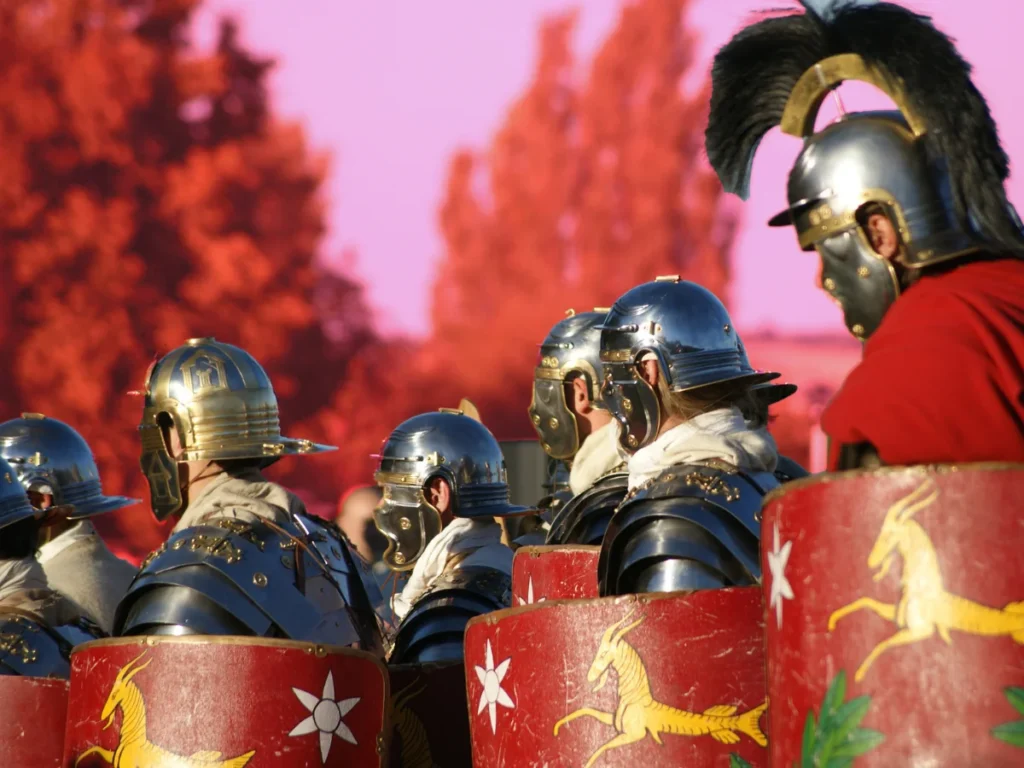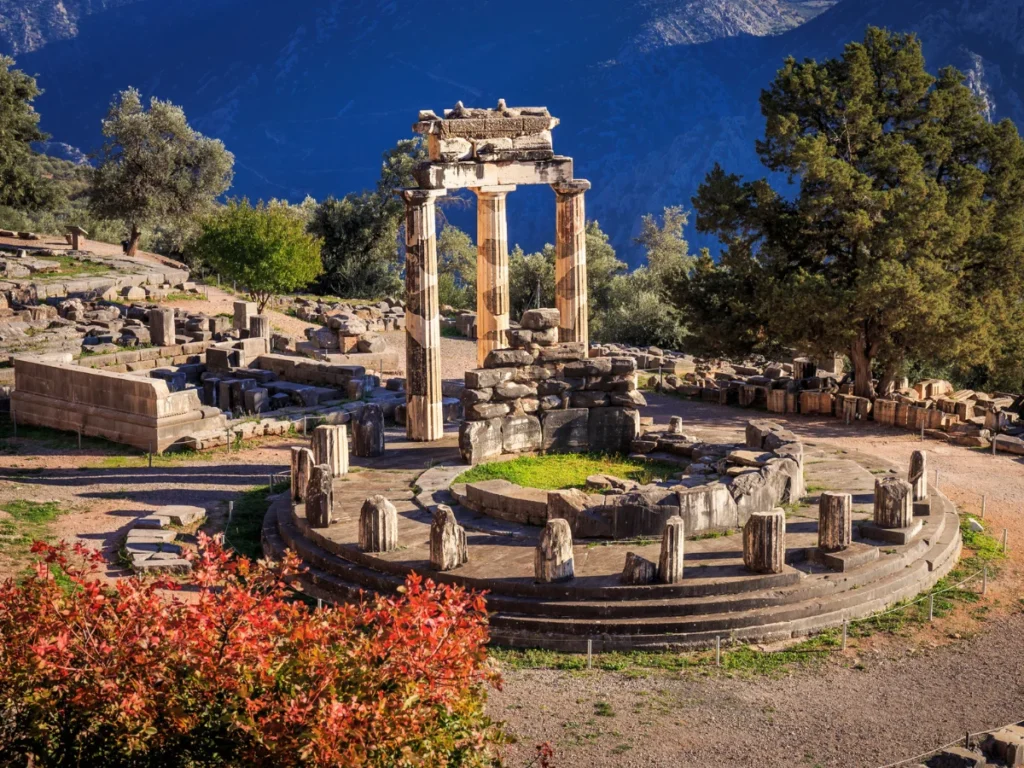Ancient Roman-Greek wars
The Ancient Roman-Greek wars encompassed a series of conflicts spanning from the Pyrrhic War in 280 BCE to the War of Actium in 30 BCE. These battles shaped the course of history in the Mediterranean, with Rome’s ascendancy ultimately supplanting the Hellenistic world’s dominance. Key engagements like the Siege of Syracuse and the Macedonian Wars expanded Rome’s territorial influence and established its prominence in the ancient world. The wars concluded with Rome consolidating its power.

Ancient Roman-Greek wars
The Pyrrhic War (280–275 BCE)
This conflict pitted Rome against King Pyrrhus of Epirus. Pyrrhus won several battles but at a high cost, hence coining the term “Pyrrhic victory.” Rome’s eventual victory, although costly, asserted its dominance over the southern Italian region of Magna Grecia.
The First Macedonian War (214–205 BCE)
Rome’s struggle with Macedon led to the Peace of Phoenice. While a temporary cessation of hostilities, it marked Rome’s ongoing pursuit of power in the Eastern Mediterranean.
Siege of Syracuse (213-212 BCE)
Rome’s successful siege of the Greek city of Syracuse in Sicily was a pivotal moment in its campaign for control over Sicily, strengthening its Mediterranean influence.
The Second Macedonian War (200–197 BCE)
Romans declared their intention to secure Greece’s freedom from the Macedonian Kings. This war ended with a Roman victory, marking another step in their expansion.
The Roman–Seleucid War (192–188 BCE)
Concluded with the Peace of Apamea, this conflict solidified Rome’s position as a dominant power in the Eastern Mediterranean.
The Third Macedonian War (171–168 BCE)
This war resulted in the division of Macedonian territory into four client republics under Roman supervision, diminishing Macedon’s independence.
The Fourth Macedonian War (150–148 BCE)
Macedonia was formally annexed by Rome as a result of this conflict, marking another addition to Rome’s territorial acquisitions.
The Achaean War (146 BC)
In this war, Corinth was razed, and Southern Greece was partitioned into two Roman provinces, further expanding Rome’s dominion.
First Mithridatic War (89-85 BCE)
Rome’s battle with Pontus over control of Anatolia saw Rome emerge victorious and assert its authority in Asia Minor.
Second Mithridatic War (83-81 BCE)
This conflict ended without a clear victor, resulting in a temporary status quo in the region.
Third Mithridatic War (73-63 BCE)
Rome dealt a final blow to Mithridates VI, culminating in the conquest of the Pontic kingdom and Syria.
Siege of Massilia (49 BCE)
Roman forces succeeded in capturing the Greek city of Massilia in southern France, expanding their territorial reach.
War of Actium (32-30 BCE)
Octavian’s triumph over Mark Antony and Cleopatra marked the conquest of the Greek Kingdom of Ptolemaic Egypt, heralding the end of the Hellenistic era and the rise of the Roman Empire.
More History

Greco-persian wars
The Greco-Persian Wars were a series of conflicts between the Greek city-states and the Persian Empire in the 5th century BC. These wars were characterized by pivotal battles, such as the Battle of Marathon and the Battle of Thermopylae, which showcased Greek resilience and unity against Persian invasion. Ultimately, the Greeks repelled the Persians and safeguarded their independence.

Ancient Gods
In ancient Greece, gods and goddesses were a central part of the culture. These deities, like Zeus and Athena, played pivotal roles in mythology, religion, and daily life, influencing everything from politics to art and providing a complex understanding of the human experience. Their stories continue to inspire literature and art to this day, making them timeless symbols of ancient Greek civilization.

Philosophers
In ancient Greece, philosophers held a prominent place in intellectual and societal discourse. Figures like Socrates and Plato pioneered philosophical thought, examining fundamental questions about ethics, knowledge, and the nature of reality. Through dialogues, treatises, and lectures, they established the foundations of Western philosophy, exploring diverse topics.
